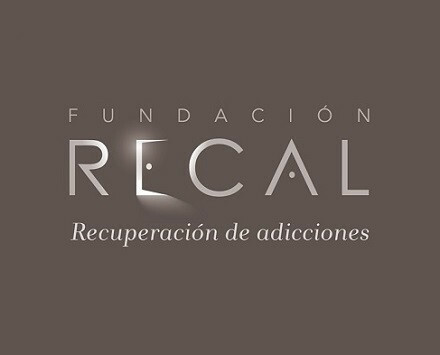The increase in addictions during confinement: causes, and what to do
There is still much to know about the way in which, as a society, it has affected us and will continue to affect us the coronavirus crisis.
The truth is that even relatively recently in Western countries we did not even contemplate the possibility that a pandemic would shake our healthcare system and our economy just as it has done. However, there are precedents such as the SARS epidemic of 2003, which allow us to get a rough idea about the implications. of a health problem of these characteristics and of what is happening in many families because of the situation we are in.
In this article we are going to focus on one of the most worrying aspects regarding the COVID-19 crisis and the containment measures adopted to put a stop to it: the increase in addiction cases, and the greater exposure to health problems due to drug use.
- Related article: "The 14 most important types of addictions"
5 reasons why the pandemic increases the risk of addictions
We professionals who are dedicated to treating addictions see the coronavirus crisis as a challenge to adapt to. The context is complicated, but the need to offer support to those who suffer from addictions is especially high at this time, as we will see.
These are the main factors that make the coronavirus crisis a favorable context for addictions to increase their power of harmful influence among the population.
1. Stress and isolation combined
The social alarm caused by the news of the spread of the virus and by the forecasts of economic crisis, added to the fact that For many people it is essential to work more to compensate for losses or to serve all the people who need it (in the case, for example, from health professionals) give rise to a context in which the accumulation of stress is much more frequent than before.
On the other hand, it is known that when stress adds to social isolation, addictions also become more frequent. In the case of the COVID-19 crisis, quarantine and social distancing measures have pushed isolation to an extreme.
2. Situations of work or family crisis
The coronavirus pandemic is associated with many types of tragic events that thousands of people have been forced to go through: loss of jobs, death of family members, need to modify future plans in anticipation of a context of economic crisis, etc.
3. Boredom
Having spent months with a social life marked by a lack of face-to-face moments leads many people to boredom, a experience that, if prolonged without finding habits linked to incentives or exciting projects, increases the risk of falling into the addictions.
And it is that starting a relationship of dependence with a drug, with gambling or with a video game, for For example, it is something relatively easy and offers a feeling of almost instant satisfaction (at least at beginning); therefore, it turns out a tempting option for those frustrated by not knowing where to spend their free time.
4. General worsening of mental health
Addictions are a type of health disorder that overlaps a lot with almost all psychological disorders in general, reinforcing each other. Thus, how confinement measures and the pandemic influence greater vulnerability to development mental problems, these, in turn, increase the risk of developing one or more addictions.
- You may be interested in: "Craving: Causes and Symptoms of Substance Craving"
5. Increased risk of adulterated drug
This aspect does not cause an increase in the risk of falling into addictions, but it does have an impact on their level of danger, already high in normal situations.
The transport restrictions that occurred due to the prevention measures against contagions between countries have given rise to a supply problem for the mafias that traffic in drugs. This leads to these substances being adulterated, mixing them with harmful or directly toxic substances, in order to maintain the income level. Of course, it is the consumers who pay the most for this.
Looking for professional support to overcome addictions?

On Recal Foundation We specialize in the treatment of addictions, an area of health in which we have been working for more than 15 years. Our professionals can assist anyone with addictive problems (related or not to the substance use) both in specific therapy sessions and in our fully residential module equipped. You can find us in Madrid, Majadahonda and Pozuelo de Alarcón, and in this page you will find our contact information.
Bibliographic references:
- Birhane Jemberie, W. et.al. (2020). Substance Use Disorders and COVID-19: Multi-Faceted Problems Which Require Multi-Pronged Solutions. Frontiers in Psychiatry. https://doi.org/10.3389/fpsyt.2020.00714
- Chiappini, S. et. to the. (2020). COVID-19: The Hidden Impact on Mental Health and Drug Addiction. Frontiers in Psychiatry.
- Petterson S, Westfall J, Miller BF. Projected Deaths of Despair During the Coronavirus Recession. Well Being Trust (2020) 8: 2020. WellBeingTrust.org.
- United Nations. (2020). COVID-19 causes some illegal drug prices to surge, as supplies are disrupted worldwide. https://news.un.org/en/story/2020/05/1063512



